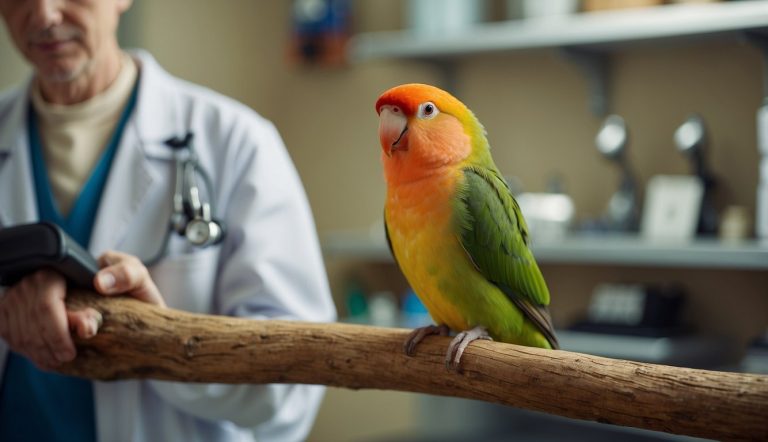Why Lovebirds Kill Their Babies: Understanding the Natural Behavior of Avian Parents
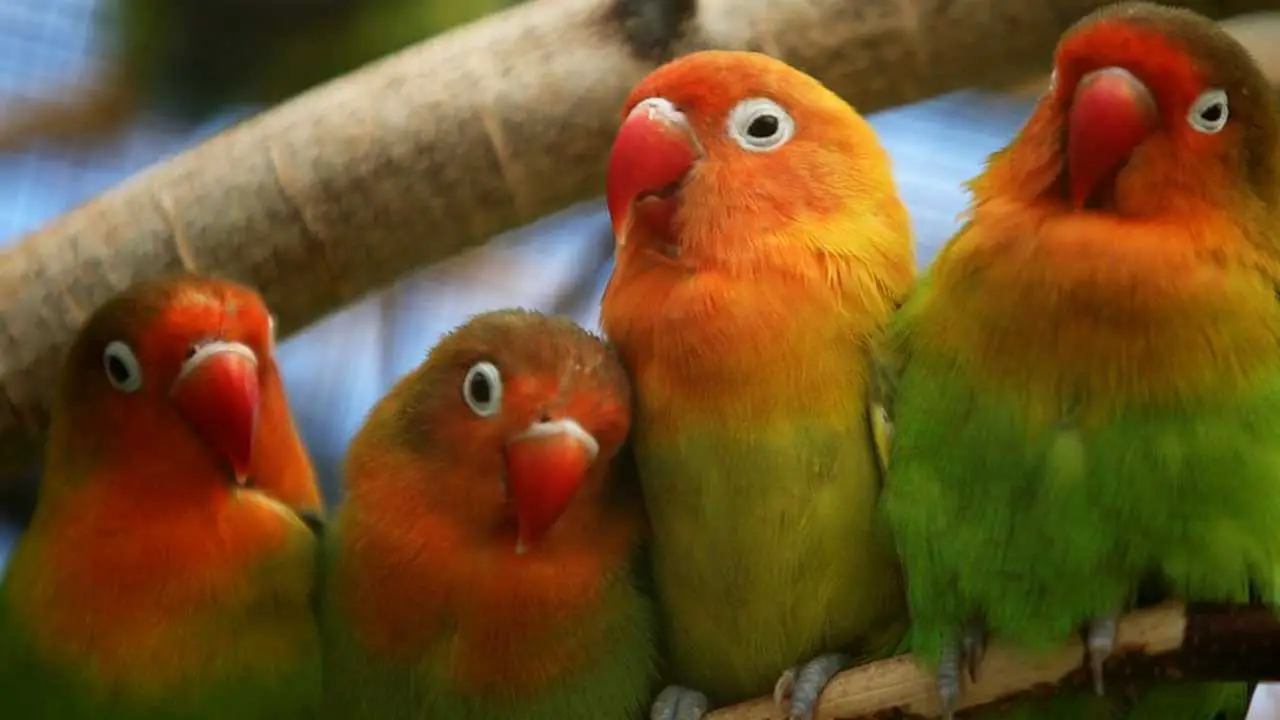
Have you ever wondered why lovebirds kill their babies? It can be a confusing and distressing sight for bird owners or enthusiasts to witness.
Lovebirds are known for their affectionate and loyal nature, but when it comes to their offspring, things can take a dark turn.
Understanding the reasons behind this behavior can help you prevent it from happening and ensure the safety of your lovebird babies.
Quick Summary
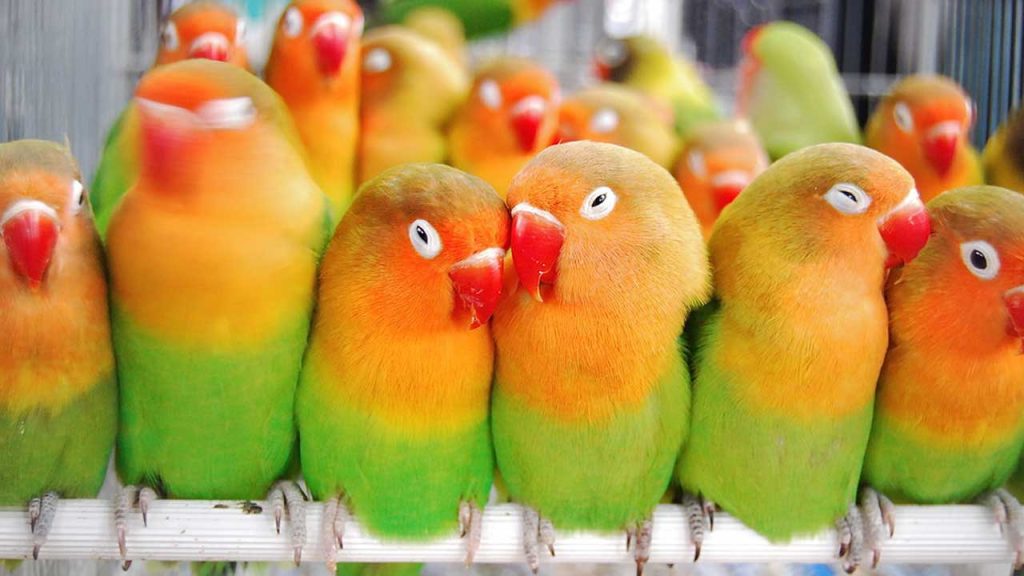
One of the primary reasons why lovebirds kill their babies is due to a shortage of food. In times of food scarcity, lovebirds can be forced to make difficult decisions when it comes to providing for their young.
The parents may end up choosing to feed only one chick instead of two, or they may even go so far as to abandon their entire brood.
In some cases, lovebirds may also kill their babies if they are ill or have less chance of survival.
Table of Contents
Lovebirds and Their Behavior
Lovebirds are a species of birds that are known for their unique behavior patterns. They are social creatures that form strong bonds with their mates and are known to be good parents. In this section, we will discuss their behavior in more detail.
Territorial Behavior
Lovebirds are territorial birds and can become aggressive towards other birds that enter their territory. This behavior is more common in males than females, and it is often seen during mating and courtship. They will defend their nest and offspring from any perceived threat, and this can sometimes lead to fights with other birds.
Mating and Courtship
Lovebirds are monogamous birds and form strong bonds with their mates. They engage in courtship behaviors such as preening each other’s plumage, feeding each other, and making soft sounds. They also engage in a unique behavior called “billing,” where they touch their beaks together repeatedly.
Parenting
Lovebirds are good parents and take care of their offspring until they are ready to leave the nest. They build their nests in tree hollows or crevices and lay one to six eggs. They are known to be protective of their young and will defend them from any perceived threat.
However, sometimes lovebirds may kill their babies if there is a shortage of food or if the baby is ill and has less chance of survival. Inexperience may also lead to accidental killing of the chicks. Egg destruction or killing their chicks is a rare event for wild lovebirds.
In conclusion, lovebirds have unique behavior patterns that make them fascinating creatures to observe. They are territorial birds that form strong bonds with their mates and are protective parents. However, they may kill their babies under certain circumstances.
Why Do Lovebirds Kill Their Babies?
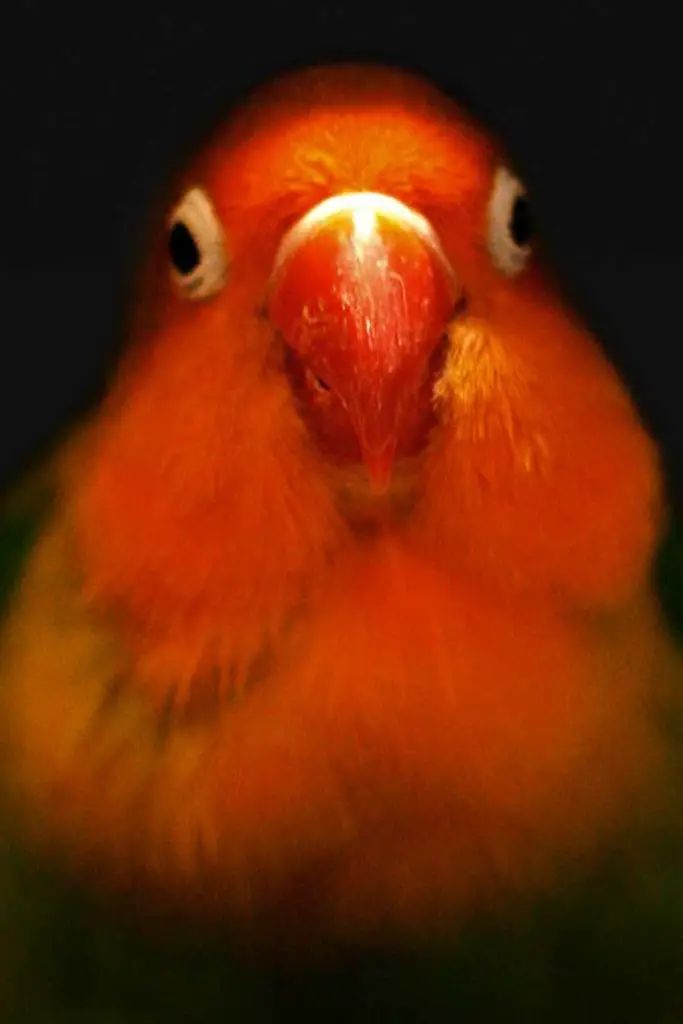
Lovebirds are known for their beautiful colors, playful personalities, and affectionate behavior towards their partners. However, sometimes these cute and cuddly birds can exhibit some brutal behavior, such as killing their own babies. In this section, we will explore the reasons behind this behavior and what factors can contribute to it.
Natural Causes
In the wild, lovebirds may kill their babies if there is a shortage of food or water. They may also kill a chick if it is ill or has less chance of survival. In some cases, inexperienced parents may accidentally kill their offspring while trying to care for them. It is also rare, but sometimes lovebirds may destroy their own eggs or kill their chicks.
Environmental Factors
Environmental factors such as inclement weather or poor living conditions can also contribute to lovebirds killing their babies. If the nest is too small or poorly constructed, it can cause stress and aggression in breeding birds, leading to infertile eggs or the killing of chicks.
Additionally, if the water or nourishment supply is inadequate, it can force parents to make difficult decisions when it comes to providing for their young.
Stress and Aggression
Stress and aggression can also play a significant role in lovebirds killing their babies. If the birds are threatened or feel unsafe, they may become aggressive and attack their offspring. Fighting between breeding pairs can also lead to the killing of chicks.
Illness and Disease
Illness and disease can cause lovebirds to kill their babies as well. If a chick is born with an illness or deformity, the parents may choose to abandon it or kill it to protect the other babies. Infection can also cause parents to kill their offspring if they fear it will spread to the rest of the nest.
In conclusion, there are several reasons why lovebirds may kill their babies. While it is a brutal behavior, it is important to understand the factors that contribute to it to prevent it from happening in the future.
If you suspect your domestic pet birds are exhibiting this behavior, it is crucial to seek the advice of a veterinarian to ensure the safety and well-being of all birds involved.
Preventing Lovebirds from Killing Their Babies
Lovebirds are known for their aggressive behavior towards their young ones. If you’re a pet owner of lovebirds, you need to take the necessary steps to prevent them from killing their babies. Here are some tips to help you prevent your lovebirds from killing their babies.
Cage and Nest Preparation
The first thing you need to do is make sure that the cage and nest are prepared properly. The cage should be large enough to accommodate the breeding pair and their babies. The nest should be placed in a quiet and secluded area of the cage to avoid any disturbances.
Make sure that the nest is made of soft materials such as shredded paper or cloth. Avoid using materials that are too hard or sharp as they can cause injuries to the babies.
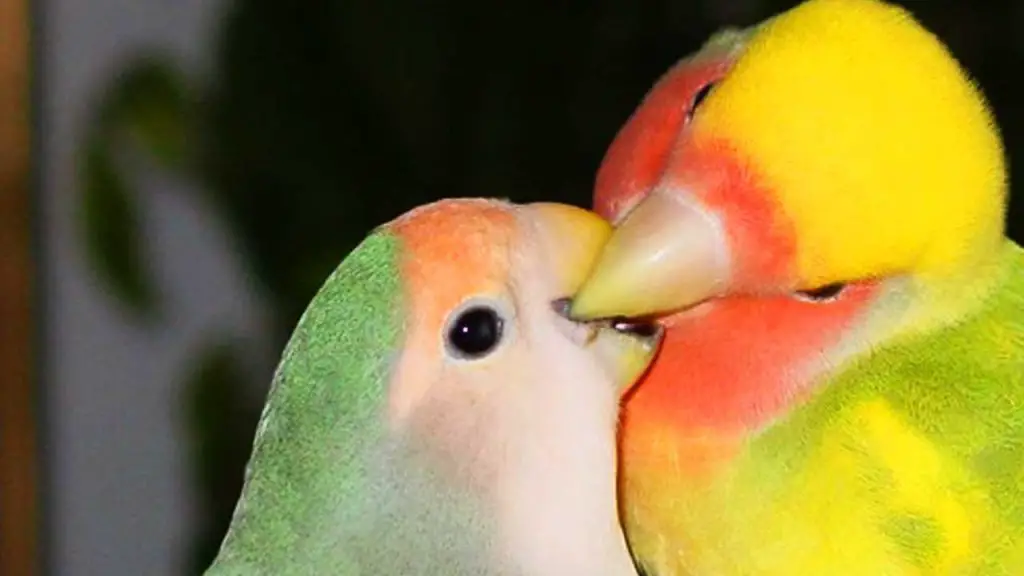
Feeding and Nutrition
Feeding and nutrition play a crucial role in preventing lovebirds from killing their babies. Make sure that the breeding pair is getting a well-balanced diet that includes fresh fruits and vegetables, seeds, and pellets.
If the breeding pair is not able to feed their babies on their own, you may need to hand-feed them. Make sure that you follow the instructions carefully and use the right formula for hand-feeding.
Observation and Intervention
Observing your lovebirds closely is important to prevent them from killing their babies. If you notice any signs of aggression towards their young ones, you need to intervene immediately.
If you suspect that the babies are in danger, you may need to remove them from the cage and hand-raise them yourself. You can also separate the breeding pair and house them separately to avoid any further problems.
In case of any accidents or injuries, it is important to consult a veterinarian immediately. Make sure that you have a trusted veterinarian who specializes in domestic pet birds.
By following these tips, you can prevent your lovebirds from killing their babies and ensure that they grow up healthy and happy.
Conclusion
Lovebirds may kill their babies for various reasons, including a lack of food, illness, or inexperience. It is important to ensure that your lovebirds have a sufficient supply of food and water to prevent them from feeling the need to kill their young.
Additionally, providing a safe and comfortable nesting environment can reduce the likelihood of accidental deaths.
If your lovebirds are known nest destroyers, it may be best to remove the pair and house them elsewhere to allow your other birds to rear their chicks in safety. It is also important to note that lovebirds can become jealous or hormonal during mating season, which may lead to aggressive behavior towards their young or other birds.
While it is rare for wild lovebirds to destroy their own eggs or kill their chicks, it is important to monitor your birds closely and seek veterinary care if you notice any concerning behavior. Remember, as a responsible pet owner, it is your duty to provide a safe and healthy environment for your birds to thrive in.







